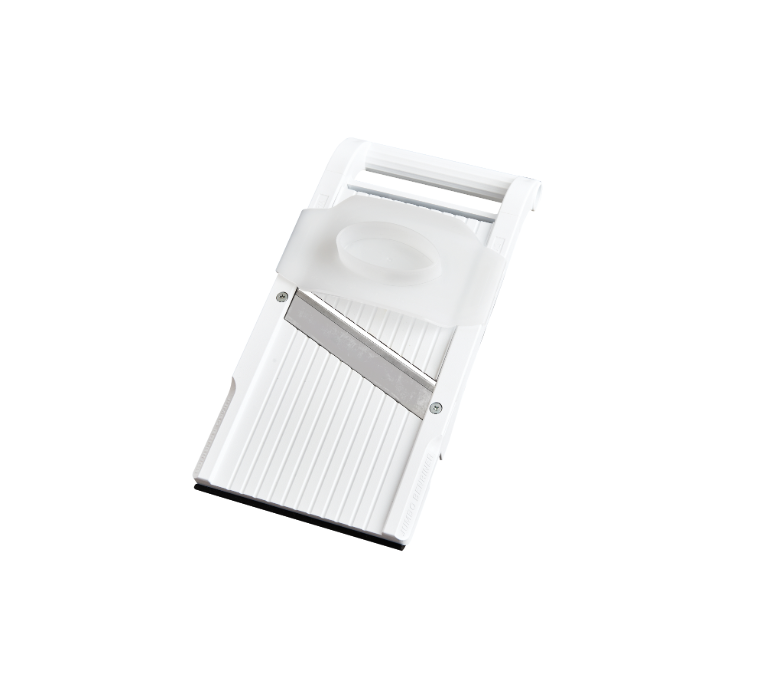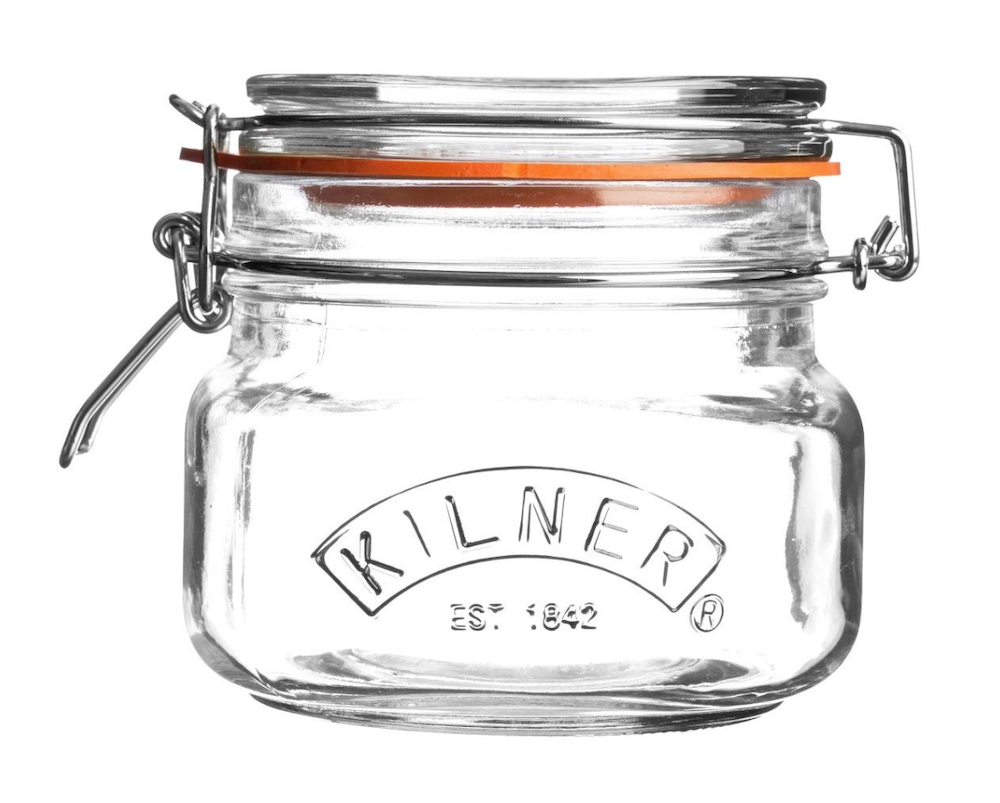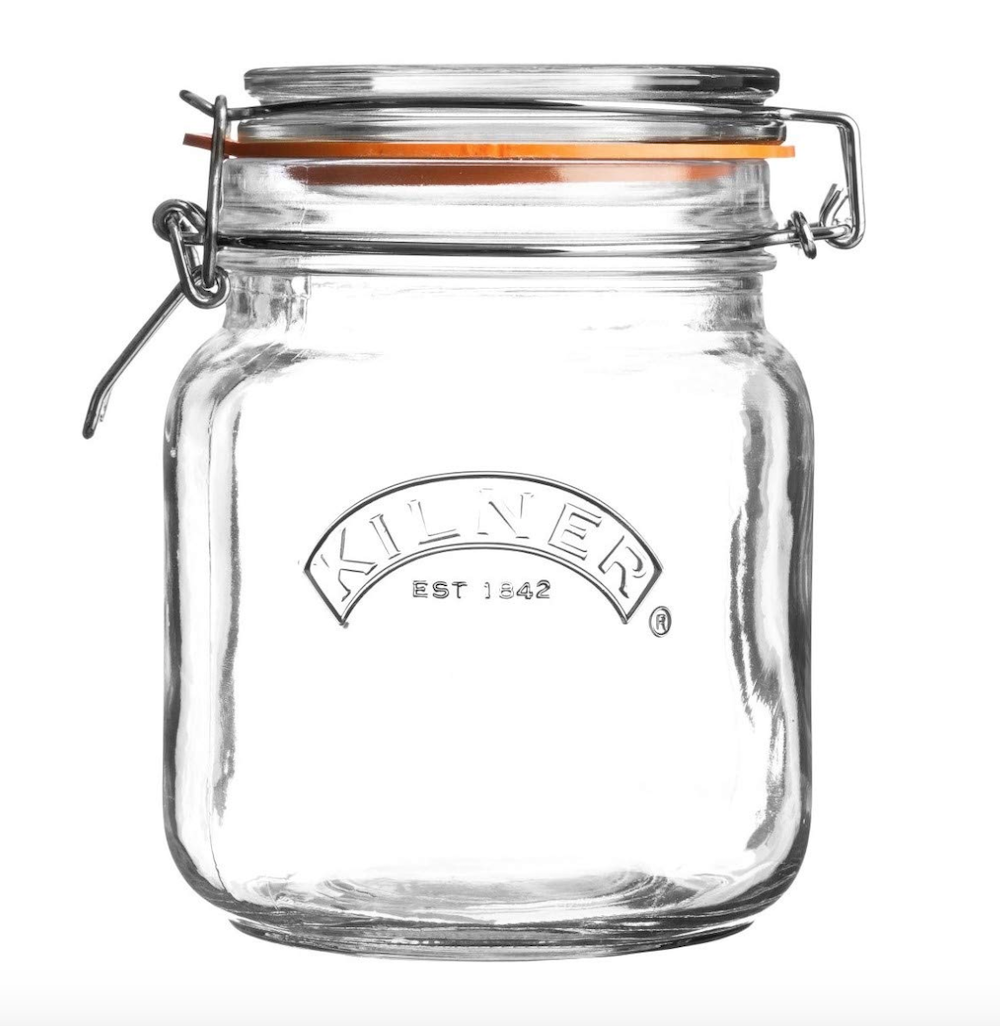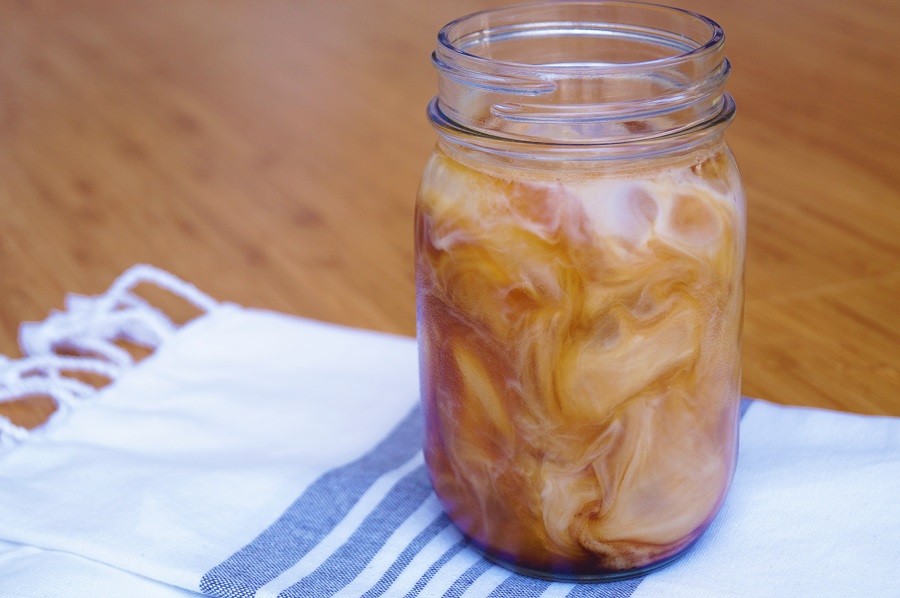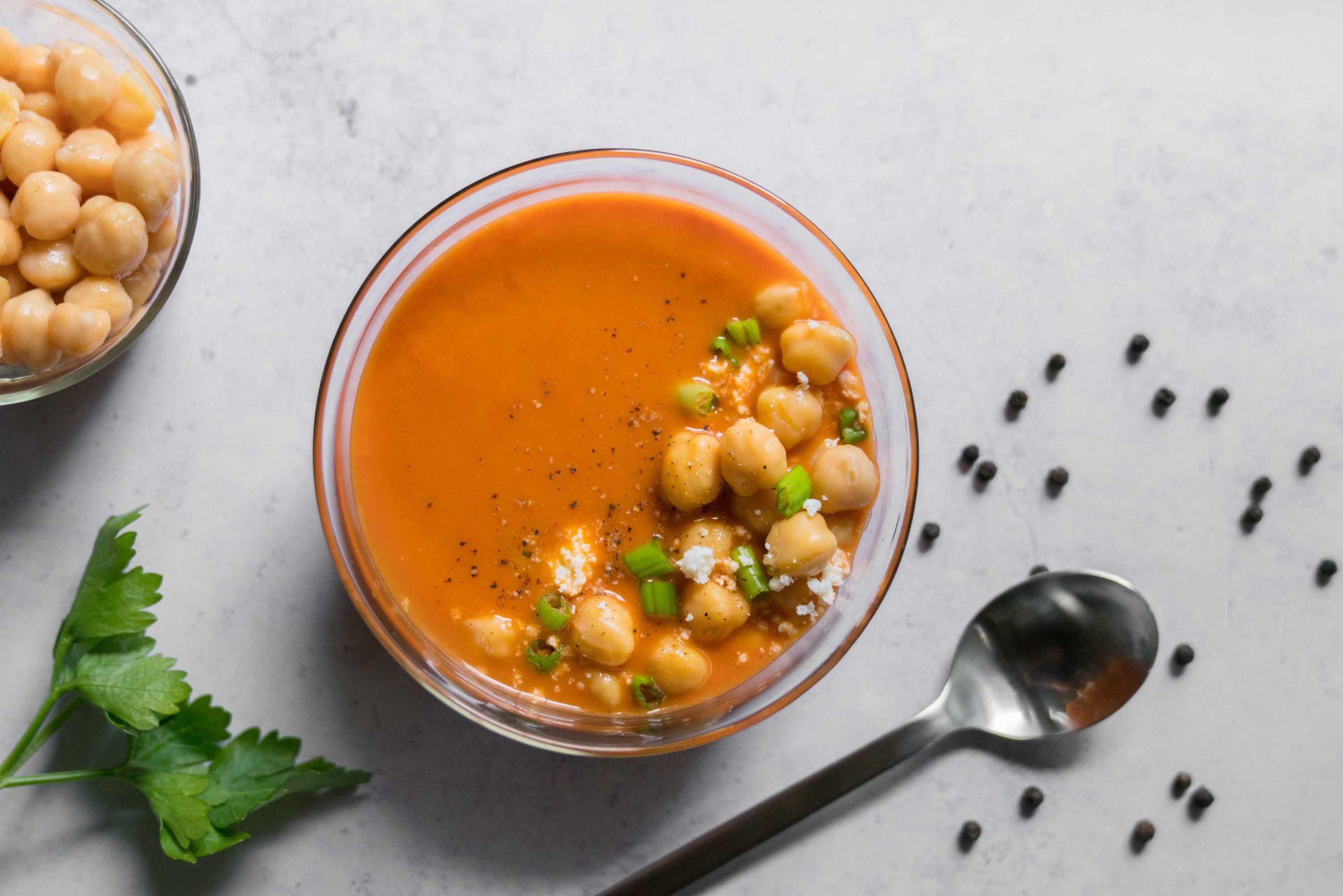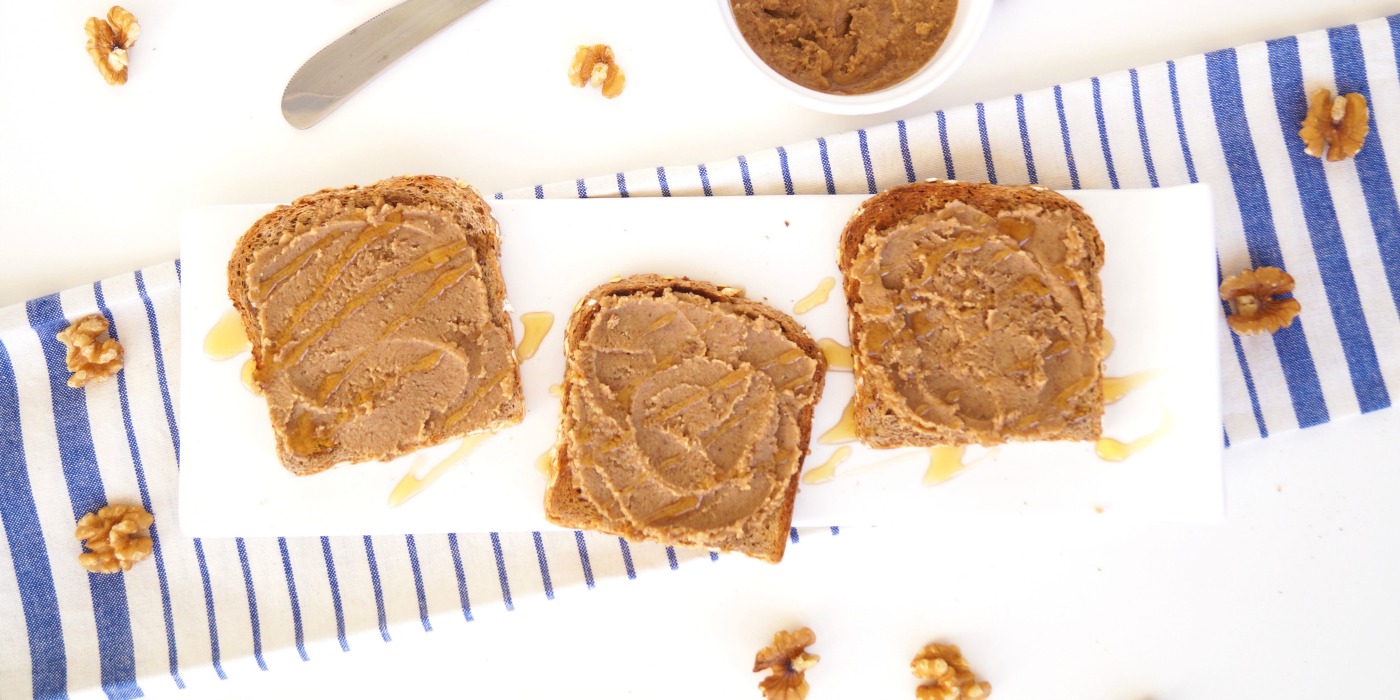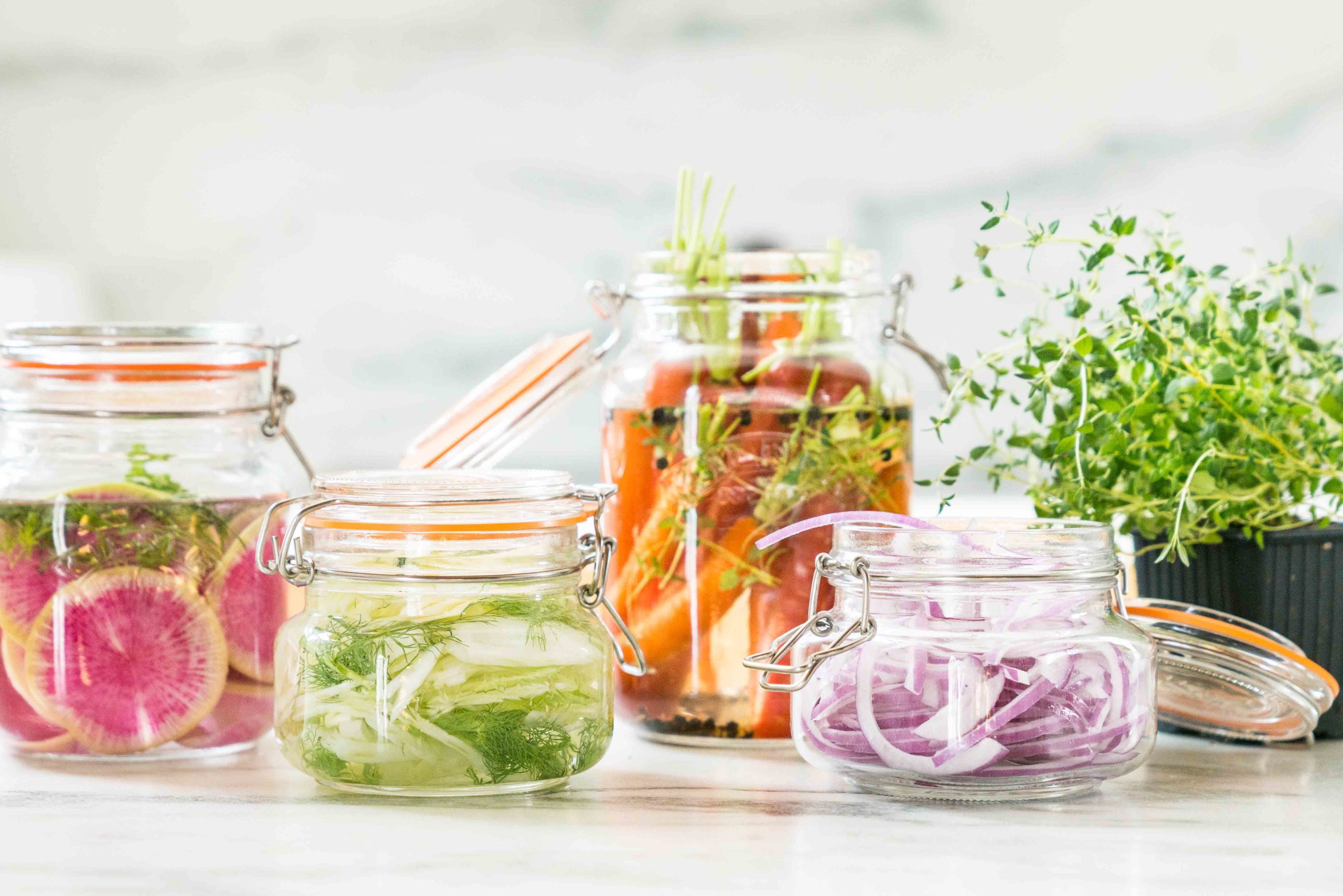
From food labels to news headlines, gut health has gone from a taboo topic only discussed with a health professional to downright trendy. If you’re curious whether or not you have a healthy gut and what you can do to improve it, I’m giving you the 101 as a dietitian.
My husband will attest that gut health and *ahem* digestion results have ALWAYS been a topic at dinners with dietitians. (Many apologies if you happened to be dining near a group of dietitians, nothing is gross to us). When it comes to nutrition and health, the status of your gastrointestinal (GI) tract and any symptoms related to digestion are big signs for us to figure out what’s going on.
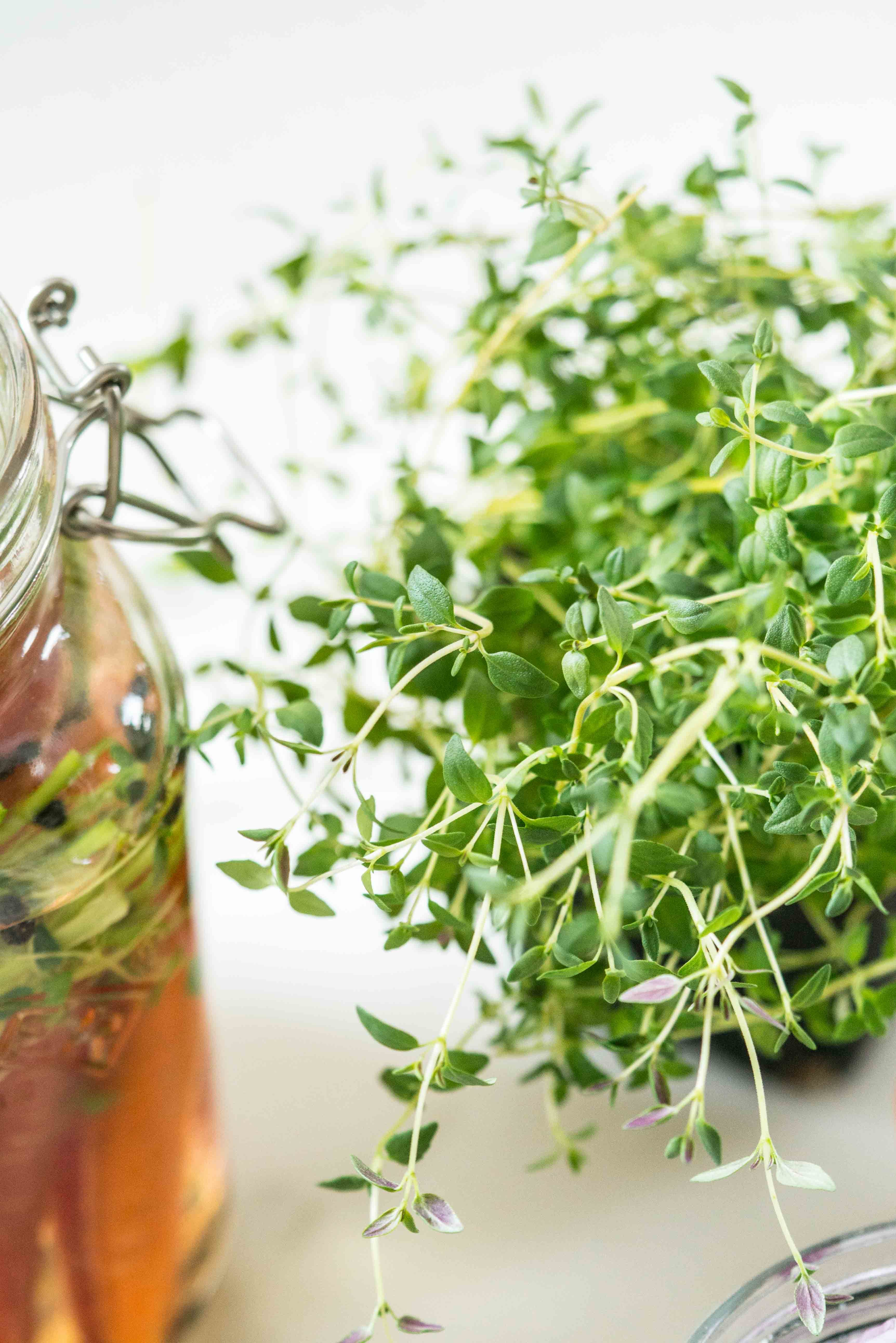
Why does gut health matter?
According to NIH, about 60-70 million Americans are affected by digestive diseases like IBS or gastroesophageal reflux disease as well as bloating or heartburn. Since your GI tract is responsible for taking food and beverages and turning them into usable bits of energy and nutrients, you want your gut to work the best it can. If something is wrong, nutrients may not be properly absorbed causing a ton of problems.
Beyond that there’s the less obvious connection your gut has to your brain! Research is showing what happens in you GI system may be connected to certain aspects of your brain, including mood. In fact, about 90% of serotonin is produced in your gut. Serotonin is best known for working to boost feelings of happiness and well-being.
What’s the gut microbiome?
There’s a whole world of microbes that live in your gut, and it’s a good thing! The gut microbiome has big impact and you should be on the lookout for more and more research over the next few years. Some research suggests your gut microbiome may impact your weight and your overall immune system (NIH says this could include some conditions like asthma). Based on what we know now, a diverse microbiome is a good thing.
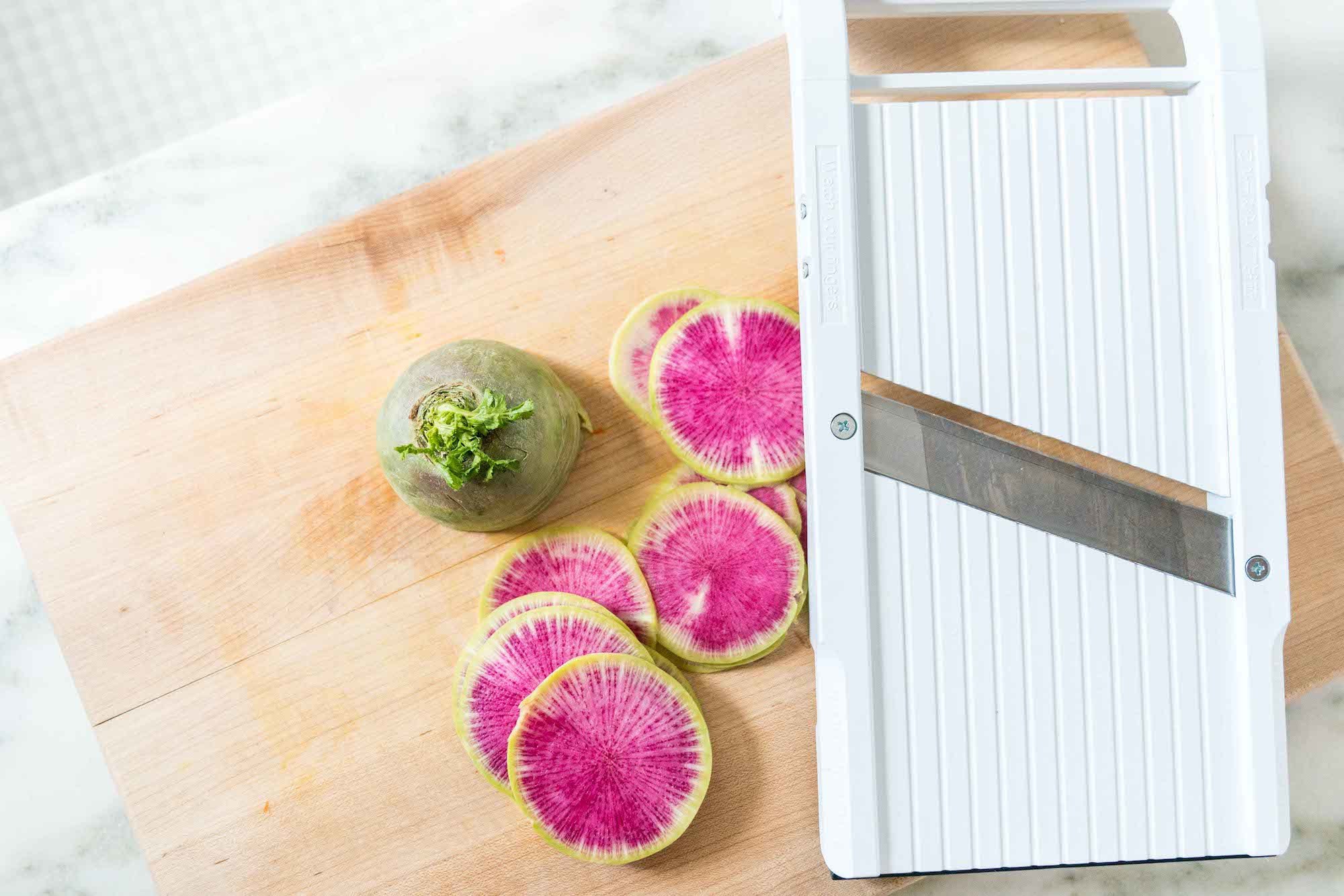
What impacts gut health?
Genetics do play a role, but luckily lifestyle changes can have a big impact. Being constantly stressed out at in sleep debt are big problems. Chronic antibiotic use is also a negative since these medications kill the ‘bad’ bacteria…but also the good (you might want to take a probiotic if you’re taking an antibiotic-talk with your doctor about finding the right fit for you). And of course, your diet has a big impact. We’ll cover that later.
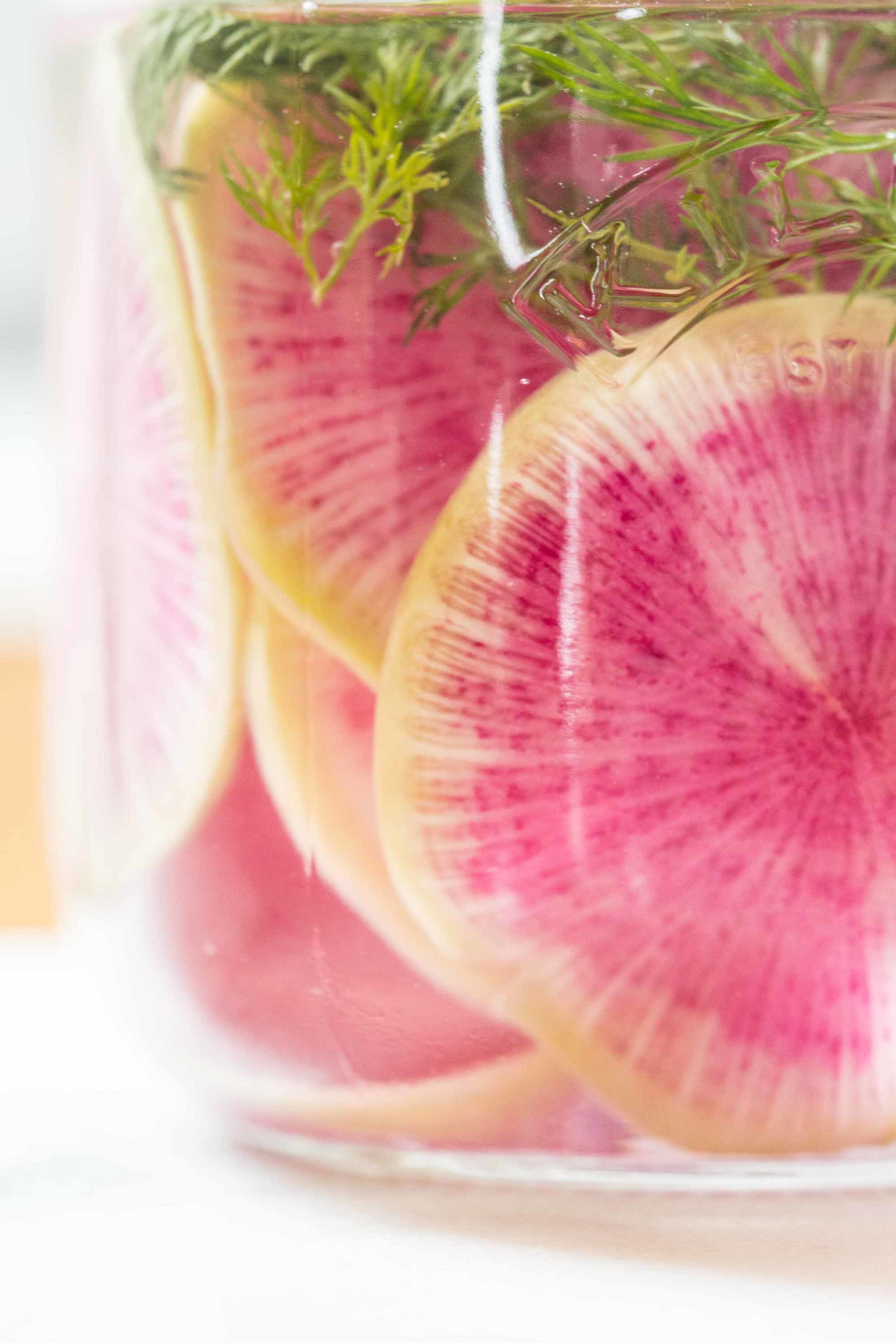
How do I know if I have a healthy gut?
Everyone’s baseline of digestion and excretion is different but if you’re constantly experiencing diarrhea, constipation, bloating or heartburn, it’s time to see a professional. Sometimes, with the help of a food journal, you can find out on your own if it’s a specific food that’s causing issues. In fact, that’s how I found out I cannot tolerate sugar alcohols (those things in most gums, toothpastes and ‘sugar free’ items).
Sometimes an ‘unhealthy’ gut can manifest in other ways, so if you have other symptoms, talk with your health professional about everything that’s going on with your body.
What are probiotics?
Probiotics are the ‘good bacteria’ that can help gut health. You can take probiotics as a supplement, but they also naturally occur in foods like yogurt and fermented veggies. Research suggests that probiotics may help some people more than others (eg if someone is sick, it might help them more than someone who is already healthy). If you’re looking to take a probiotic, find one that contains diverse strains. Gut microbiome diversity is good!
You may have also seen the term ‘prebiotic’ in conjunction with probiotics. Prebiotics are food for your gut microbiome. You can find them in lots of foods that are part of a healthy diet like garlic, leeks, onions and even bananas.
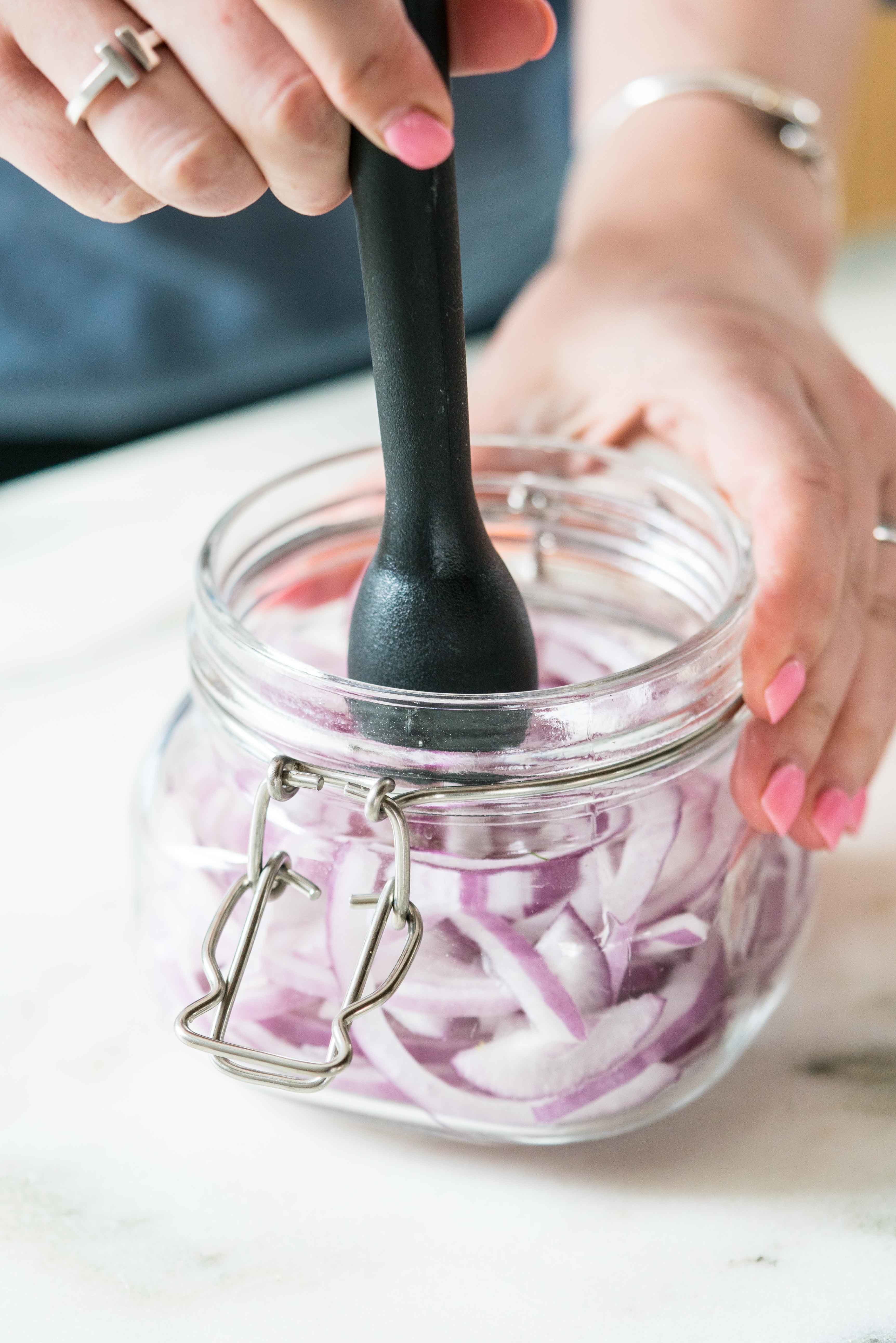
What foods should I be eating to improve gut health?
Fiber (a huge category)
In general, most Americans aren’t eating enough fiber, so if you need to up your fiber, do it gradually (or experience some uncomfortable side effects). You can find fiber in fruits, vegetables, whole grains, nuts and pulses. I’m not going to bore you with a giant list but let’s just leave it at that and YOU pick your favorite produce items.
Yogurt and kefir
Fermented foods like yogurt and kefir naturally contain probiotics. Some strained yogurts also advertise added probiotics that could help increase good gut bacteria. Yogurt and kefir are easy things to add in to dressings, smoothies and morning routines.
Pickles, kimchi and sauerkraut
This is my personal favorite category. You can pickle and ferment so many vegetables paired with great flavors like garlic, spices and herbs. Since we are starting a garden this year, I’ll be fermenting or pickling a ton of produce. If you’re in the same boat, find a great glass jar or crock that you can ‘burp’ to allow gas to escape from fermented items (hinged glass jars like the ones pictured are ideal for that). Check out YouTube or even talk to your local Extension Agency to learn how to safely ferment or pickle items.
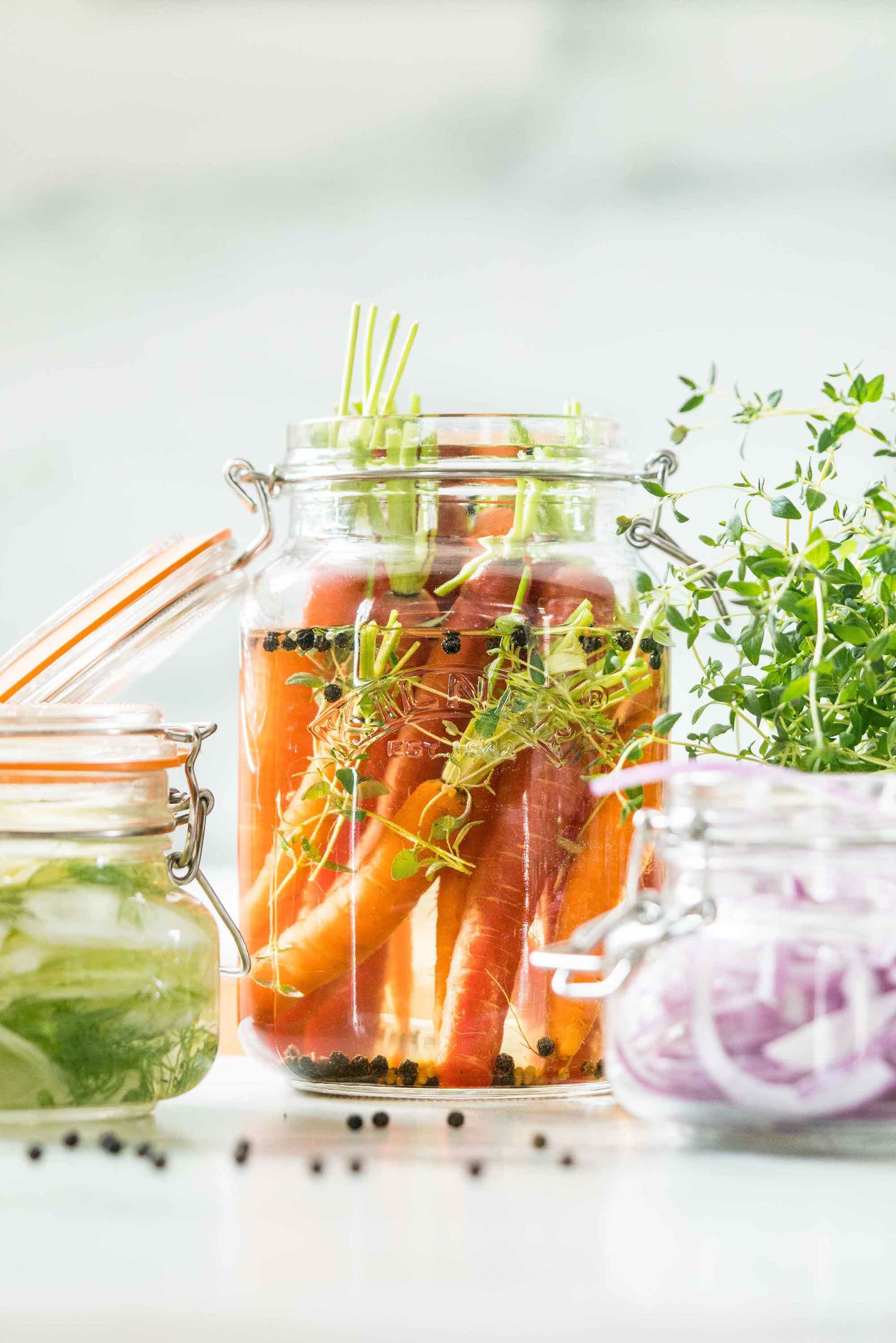
Kombucha
Kombucha has been around for thousands of years. This fermented beverage is now so popular even my local grocery store stalks a store generic brand! Kombucha begins with a starter culture (a SCOBY) that can be shared with friends who also want to make their own batch.
Miso
This fermented soybean base is my go to for so many sauces and dressings. It’s ultra umami making it the perfect start to a comforting dish. Check out the different intensities to find one that you love. Just starting out? Try ‘blonde’ miso.
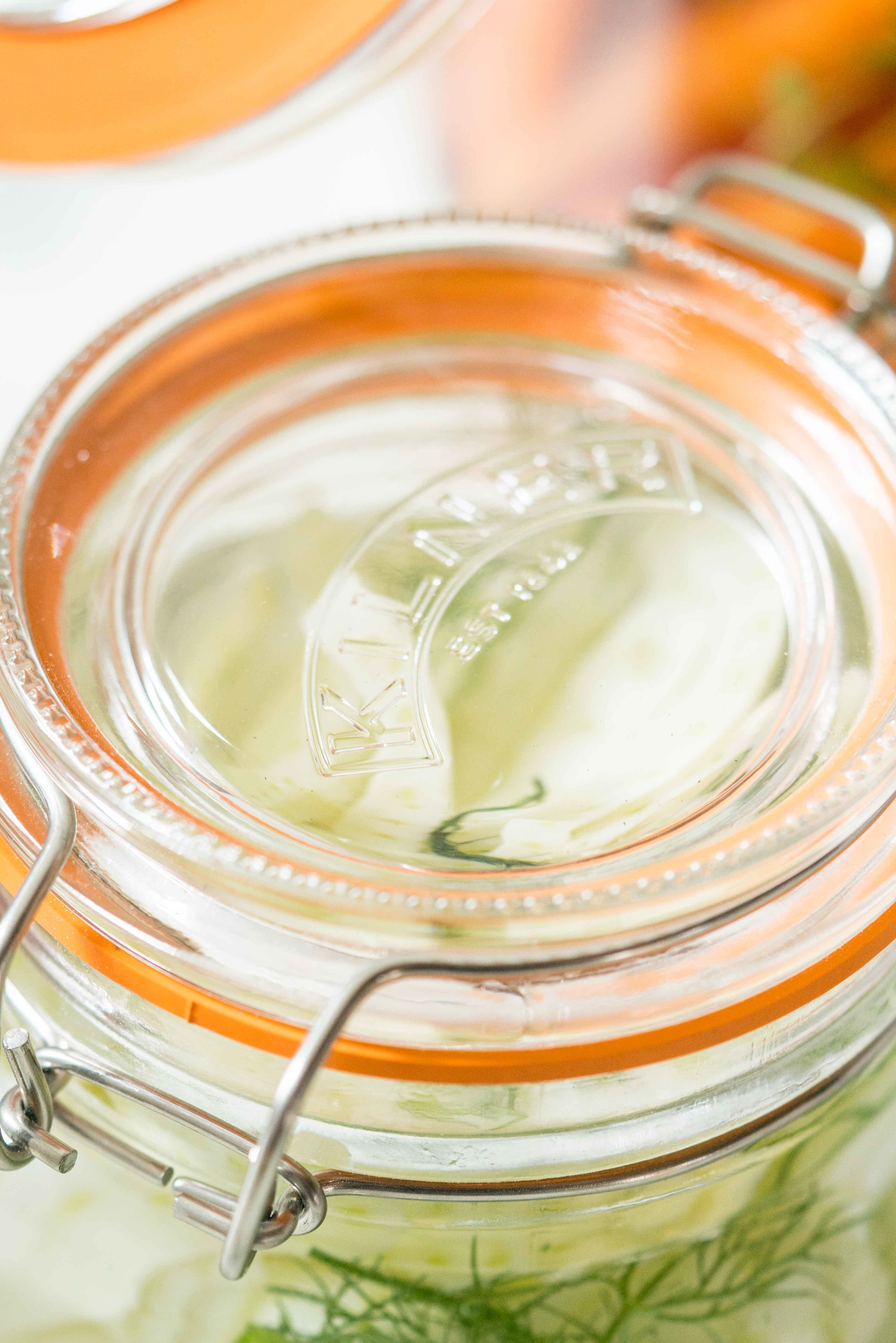
There are many facets to gut health and a diet that helps with gut healing. When in doubt, connect with a dietitian or GI specialist. Remember, no one should have to suffer from chronic digestive discomfort. Don’t be embarrassed, let someone help!


